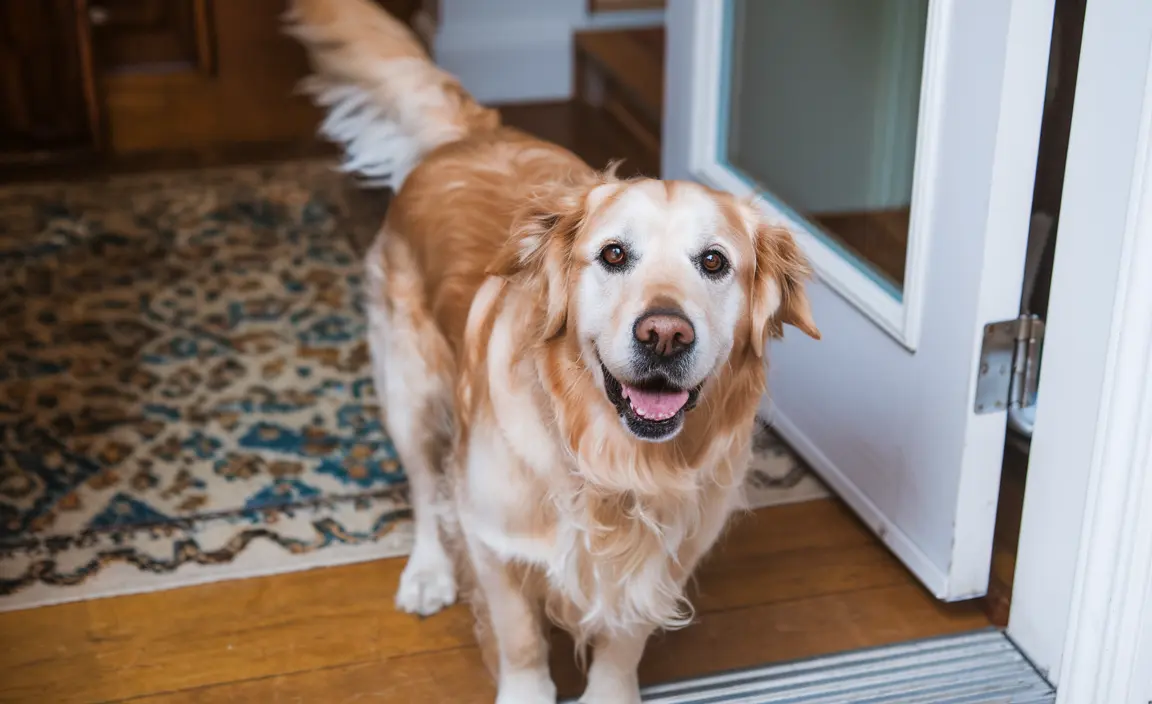Bringing a dog into your family is an exciting journey filled with love, companionship, and joy. However, it's crucial to understand the financial commitment that comes with responsible pet ownership. Many potential dog owners are surprised by the true expenses associated with caring for a canine companion throughout their lifetime.
This comprehensive guide will break down the complete financial picture of dog ownership, helping you prepare for both expected and unexpected costs that can impact your budget.
How Much Does a Dog Cost? Breaking Down the Expenses
Initial Adoption and Setup Costs
When first bringing a dog home, prospective owners should budget for several upfront expenses. Adoption fees can range from $100 to $800, depending on whether you're adopting from a shelter or purchasing from a breeder. Initial medical care, including vaccinations, spay/neuter procedures, and microchipping, typically costs between $115 and $780.
Essential supplies are another critical first-time expense. You'll need to purchase items like:
- Dog bed
- Food and water bowls
- Collar and leash
- Toys
- Crate or kennel
- Initial training supplies
The ASPCA estimates one-time setup costs ranging from $470 for small dogs to $565 for medium-sized breeds, ensuring you're fully prepared for your new companion.
Annual Feeding Expenses
Dog food costs can vary dramatically based on your dog's size, breed, and the quality of nutrition you choose. On average, dog owners spend between $120 and $4,465 annually on food. For a medium-sized dog, expect to budget around $55.75 per month for high-quality nutrition.
Veterinary Care and Health Maintenance
Regular veterinary care is a significant ongoing expense for responsible dog owners. Annual costs for routine checkups, vaccines, and dental care can range from $75 to $2,000. Additionally, preventative medications and supplements typically cost between $120 and $600 per year.
Additional Recurring Expenses
Beyond basic care, dog ownership includes several other recurring costs:
- Pet insurance: $270 to $4,595 annually
- Grooming: $30 to $500 per year
- Training: $25 to $975 annually
- Boarding/pet sitting: $100 to $5,200 depending on your lifestyle
- Toys and supplemental supplies: $30 to $380 per year
Lifetime Cost Considerations
When considering dog ownership, it's essential to think long-term. The estimated yearly cost of owning a dog ranges from $1,500 to $9,900, with average monthly expenses between $120 and $435 for medium-sized breeds.
Factors Influencing Dog Ownership Costs
Several key factors can impact your total expenses:
- Dog's size and breed
- Age of the dog
- Geographic location
- Individual health needs
- Lifestyle and owner's involvement
Cost Variations by Dog Life Stage
- Puppies: Higher initial costs for medical care and training
- Adult Dogs: More stable annual expenses
- Senior Dogs: Potentially increased medical and care expenses
Frequently Asked Questions
What are the typical initial costs of owning a dog?
Initial costs typically range from $470 to $800, including adoption fees, medical care, and essential supplies.
How much does dog food cost annually?
Annual dog food expenses can range from $120 to $4,465, depending on the dog's size and food quality.
What are the average monthly expenses for a medium-sized dog?
Expect to spend between $120 and $435 monthly, covering food, care, and basic necessities.
How do breed and size influence dog ownership costs?
Larger breeds generally incur higher expenses for food, medical care, and supplies compared to smaller dogs.
What unexpected expenses might I encounter?
Potential unexpected costs include emergency veterinary care, behavioral training, specialized medications, and replacement of damaged items.
Ultimately, dog ownership is a rewarding experience that requires careful financial planning. By understanding and anticipating these costs, you can ensure a happy, healthy life for your furry friend without unnecessary financial stress.






